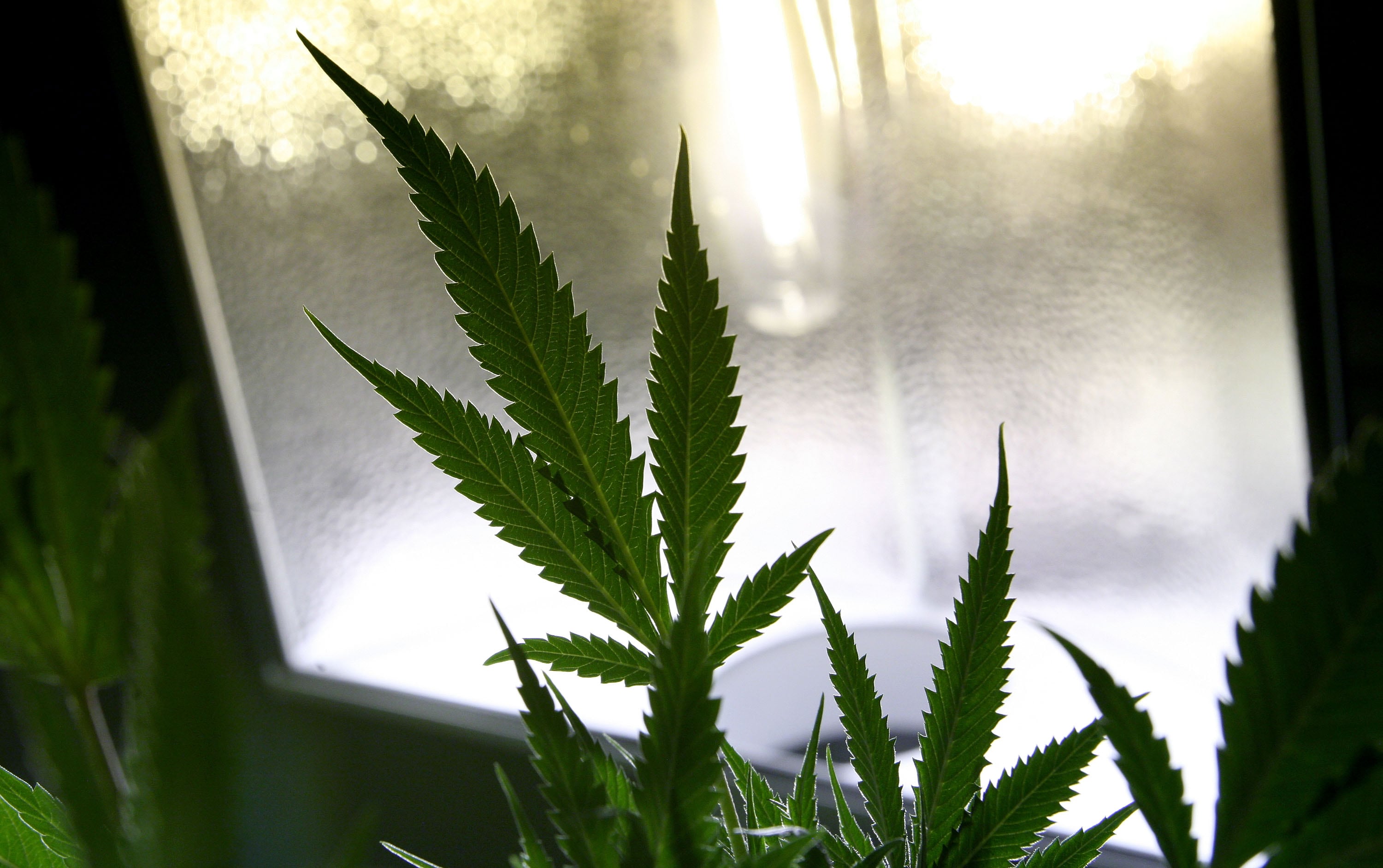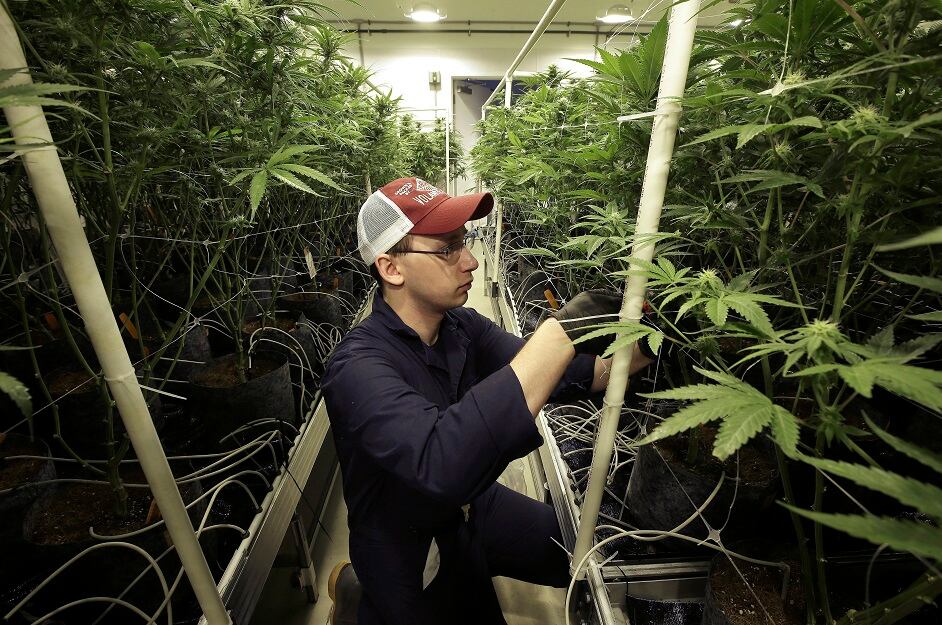WASHINGTON — Medical marijuana for veterans is having another moment on Capitol Hill.
As lawmakers work to wrap-up their pre-election work in the next three weeks, they’re also considering a host of proposals that could have wide-ranging effects on veterans' ability to access cannabis for a host of ailments.
Among the ideas are broadening research into the medicinal effects of cannabis, allowing veterans to discuss use of marijuana with Veterans Affairs physicians, and new legislation introduced this week which would essentially decriminalize the drug for veterans across the country.
All of the plans still face a difficult path before they can become reality. Neither the White House nor VA officials have expressed support for expanded use of medical marijuana, even as advocates like the American Legion have touted it as a possible alternative to highly-addictive opioids.
RELATED

Marijuana remains a schedule 1 substance under current federal rules, defined as a drug with “no currently accepted medical use and a high potential for abuse.” That limits how much federal research can be conducted on cannabis and how much federal employees — like VA physicians — can say to veterans about its potential uses.
The most ambitious of the new proposals is legislation introduced Wednesday that would “allow veterans to use, possess, or transport medical marijuana” in accordance with state laws. Currently, 31 states allow some use of the drug for therapeutic purposes.
The measure, sponsored by Democratic Sens. Bill Nelson of Florida and Brian Schatz of Hawaii, sets aside $15 million for additional medical cannabis research and staffing assistance. It would also require VA physicians discuss marijuana as a potential treatment option in states where its use is legal.
The idea of allowing VA doctors to speak more freely about the drug with patients has already been approved by a bipartisan Senate panel several times in recent years, and was included as part of a Senate-passed appropriations measure currently being finalized by a congressional conference committee.
If lawmakers opt to leave the language in the annual VA budget legislation, it could encourage veterans to be more open about their recreational use and interest in opioid alternatives. However, House members have repeatedly rejected the idea in the past.
But some of that opposition may be eroding too.
Late last month, House Veterans Affairs Committee Chairman Phil Roe, R-Tenn., was among the authors of a bipartisan letter to VA Secretary Robert Wilkie asking for “a rigorous clinical trial into the safety and efficacy of medical cannabis for veterans with post-traumatic stress disorder and chronic pain.”
The memo — also signed by Democratic Rep. Tim Walz of Minnesota and Sens. Jon Tester, D-Mont., and Dan Sullivan, R-Alaska — is the latest in a series of requests by members of Congress for VA to be more aggressive in researching the medical potential of the drug, to put to rest either fears surrounding its use or boasts about its benefits.
Without those answers, “both VA doctors and veterans will remain in the dark about this potentially beneficial alternate treatment,” the letter said. “While in the midst of a deadly opioid epidemic, it is irresponsible to turn a blind eye to a possible substitute.”
In the end, the biggest obstacle to any change in federal medical marijuana policy this year may not be ideological fights but instead the congressional calendar.
Both the House and Senate are expected to leave for a pre-election recess starting at the end of September. Before then, they have a host of appropriations bills to finalize (or risk a government shutdown) and a host of nominations to consider (including Supreme Court justice nominee Brett Kavanaugh).
When lawmakers return in mid-November, the lame-duck session is not expected to tackle many controversial issues, given the post-election changes that will occur on Capitol Hill a few weeks later.
Leo covers Congress, Veterans Affairs and the White House for Military Times. He has covered Washington, D.C. since 2004, focusing on military personnel and veterans policies. His work has earned numerous honors, including a 2009 Polk award, a 2010 National Headliner Award, the IAVA Leadership in Journalism award and the VFW News Media award.





